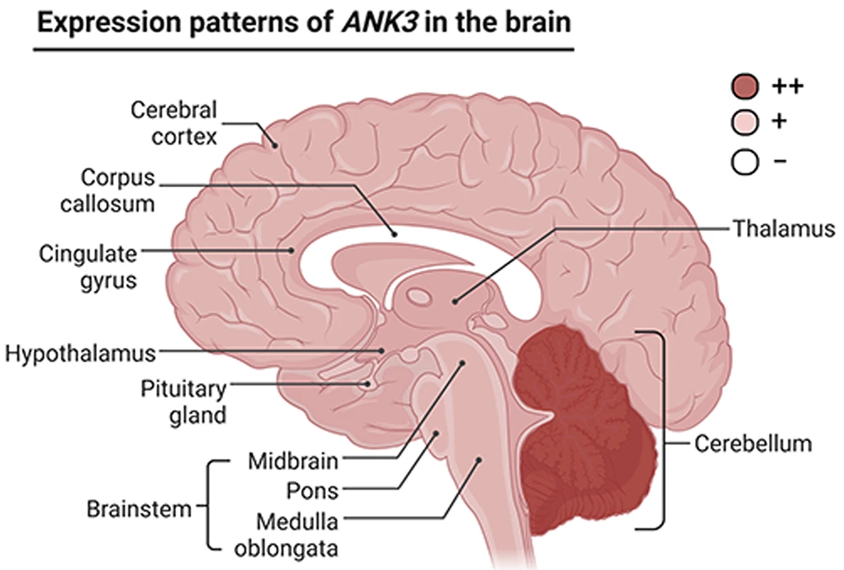WEEK OF
July 11th
Research roundup
- Mutations that appear in only some copies of the mitochondrial genome crop up more often in autistic children than in non-autistic children. The findings were mentioned in Spectrum’s roundup of new tools for studying the mitochondrial genome. Nature Communications
- Multiple exemplar training — using a varied set of related examples — can help autistic adolescents and young adults practice social skills and then generalize in real-life settings, according to a review of studies. Review Journal of Autism and Developmental Disorders
- Induced pluripotent stem cells from people with tuberous sclerosis complex is a useful model for understanding uniquely human aspects of the condition in different tissues. World Journal of Pediatrics
- Babies whose umbilical cords were attached away from the placenta’s central mass have an elevated chance of showing autism traits. Spectrum reported on placental influences on neurodevelopment earlier this year. BMC Pregnancy and Childbirth
- The Korean version of the Autism Diagnostic Observation Schedule-2 appears to be valid and reliable in children, adolescents and adults. Molecular Autism
- Different methods of delivering gene-editing therapies, such as viral vectors and lipid nanoparticles, have various advantages and pitfalls. Cell
- Researchers have tied post-synaptic structure and function to behavior in mouse models of autism by mutating various SHANK genes, according to a review. Pharmacological Research
- Some adolescents with anorexia nervosa have autism traits, according to a small study. Spectrum has covered the link between anorexia and autism in depth. European Eating Disorders Review
- A review of ankyrin-G protein isoforms highlights possible neuronal mechanisms for how ANK3 mutations may contribute to neurodevelopmental conditions such as autism. Experimental & Molecular Medicine

Location, location: The ANK3 gene is most concentrated in the cerebellum.
- Telehealth can ease communication and mitigate stress for autistic adults seeking care, but the barriers of the U.S. healthcare system are still present. Spectrum examined the potential of telehealth in autism assessment earlier this month. Autism
- Young autistic children with mild cognitive delay improved more with 2 years of intervention using the Early Start Denver Model than children with more severe cognitive delay. Frontiers in Psychiatry
- A person’s autism traits are a better predictor of their skill in reading the mental state of others than their ability to describe their own emotions. The findings challenge the so-called alexithymia hypothesis of autism that Spectrum explored last year. Molecular Autism
Science and society
- Heather McCracken, a nurse who had learned that her autistic child has a heightened risk of drowning, has created a package of drowning-prevention resources for parents and clinicians. Houston Chronicle
- Air France has announced it will no longer transport nonhuman primates, joining other major airlines with similar policies; scientists say the restrictions will hamper research. Science
- Researchers who stutter or have related speech disabilities can have problems in many situations in their careers, such as when giving seminars or networking with colleagues. Nature
- Scientific and medical societies grapple with calls to not hold conferences in U.S. states with laws banning or restricting abortions. Nature
- Some autism advocates are calling for more autism training for people who staff suicide hotlines, as the new three-digit 988 phone number launches on 16 July. WUSF
Cite this article: https://doi.org/10.53053/WIYR4923
By joining the discussion, you agree to our privacy policy.